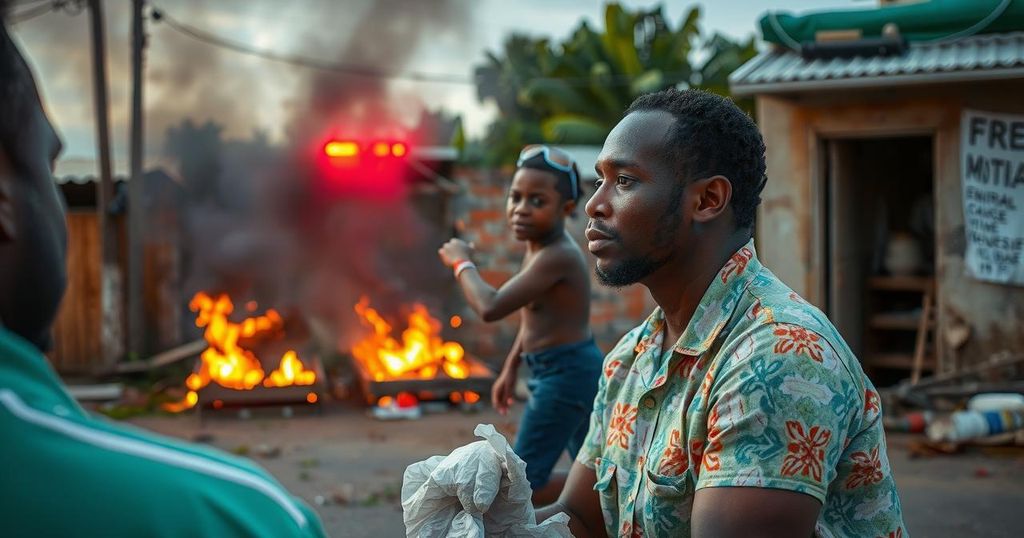Mozambique is experiencing intense post-election violence, resulting in at least 151 deaths since protests erupted after the confirmation of Daniel Chapo’s presidential victory. Following a ruling by the Constitutional Council, which adjusted Chapo’s winning vote margin, tensions have escalated, leading to accusations of vandalism by opposition supporters. The current unrest reflects deep political divisions within the country, highlighting the challenges ahead for Mozambique’s governance and stability.
Following the confirmation of Daniel Chapo as the winner of Mozambique’s contentious presidential elections, post-election violence has escalated, resulting in at least 21 additional fatalities, according to the country’s interior minister. This recent outbreak of violence has raised the cumulative death toll since protests began on October 21 to 151, as reported by the election monitoring group Plataforma Decide. The unrest was sparked by Chapo’s victory announcement by the electoral body on October 9, which triggered protests from supporters of exiled opposition leader Venancio Mondlane.
In a significant ruling, the seven-judge Constitutional Council upheld Chapo’s election results but adjusted the winning margin from 71% to 65%. This adjustment has further inflamed tensions, leading to accusations against the protesters of vandalizing public properties, including police stations. In anticipation of conflict, Mondlane, who resides in self-imposed exile, had previously cautioned the populace about the impending challenges they might face.
The post-election violence in Mozambique came to a head following the confirmation of Daniel Chapo’s victory in the October 9 presidential elections by the Constitutional Council, the apex judicial body for electoral matters in the country. The subsequent protests were primarily led by supporters of the opposition, who disputed the election results, claiming they were marred by irregularities. The unrest highlights the fragile political climate in Mozambique and the potential for further violence as factions remain deeply divided over the election outcomes.
The recent surge in violence in Mozambique following the announcement of election results underscores the volatility in the nation’s political landscape. With the death toll now exceeding 150, the implications of such unrest are profound, potentially leading to ongoing conflicts between opposing political factions. The ruling party’s ability to maintain order and address the grievances of the opposition will be critical in mitigating further violence and promoting a peaceful resolution to the electoral disputes.
Original Source: news.az






